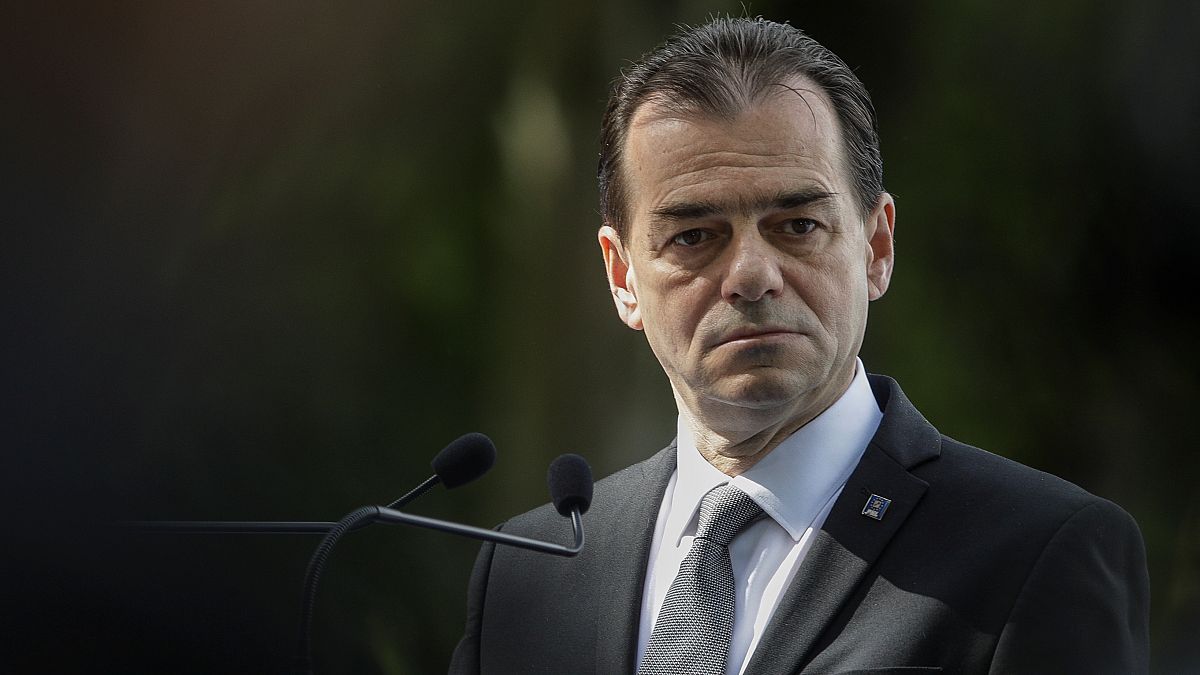A profile of the man who could soon lead a new government in Romania.
On Tuesday, Romania's president, Klaus Iohannis, nominated Ludovic Orban, the 56-year-old leader of the opposition National Liberal Party (PNL), as the new prime minister-designate.
This followed a vote of no-confidence that ousted the government of Social Democrat (PSD) Viorica Dancila last week.
Read more: Romania government falls after no-confidence vote in PM
A political veteran and former transport minister, Orban now has ten days to form a new cabinet, which will then need to receive parliamentary approval. It will be a hard task, given parliamentary arithmetic and the demands from each political party that could vote in favour. It remains to be seen if Orban is capable of gathering the level of support required.
Orban, who was born in the Romanian city of Brasov, has been involved in politics for close to thirty years. He worked in local administration in Bucharest, the Romanian capital, during the 1990s and later served for almost two years as transport minister. He was a member of parliament from 2008 to 2016 and became his party’s official leader in June 2017. This followed a heavy defeat in domestic parliamentary elections in December 2016.
Radu Magdin, a Romanian political analyst, describes Orban as one of the last, if not the last, “liberal Mohicans”.
Read more: Opposition leader Ludovic Orban invited to be Romania’s new prime minister
“He is a party faithful since the 90s, standing with the liberals in both good and bad times,” he told Euronews.
In a speech after accepting the nomination, Orban said his government’s main priorities would be restoring macroeconomic balance and correcting the economic measures that have damaged the business environment in Romania while reducing the number of ministries and bringing back government competence.
“We also aim to follow all the principles of the rule of law, ensure real independence for the justice system, and bring institutions back to serving citizens,” he said, directing criticism at the outgoing PSD-led government.
Magdin predicts that we will see a switch by Orban from a typical opposition tone to a wiser, stabilisation mode, as he tries to set up his government and alter some of the controversial pieces of legislation that the former government passed.
“He is likely to focus on the economy and the budget and try to secure additional revenue while not falling for the austerity trap in an electoral year,” Magdin adds, pointing to parliamentary elections that will take place in Romania in 2020.
Orban has had his controversial moments in the past, involving strong criticism of other senior Romanian political figures and traffic incidents.
However, under his watch, the National Liberals have seen a small uptick in their fortunes. The party saw its support grow during the European Parliamentary elections in May, though this was more about the failings of the governing Social Democrats than strong messaging from the PNL.
